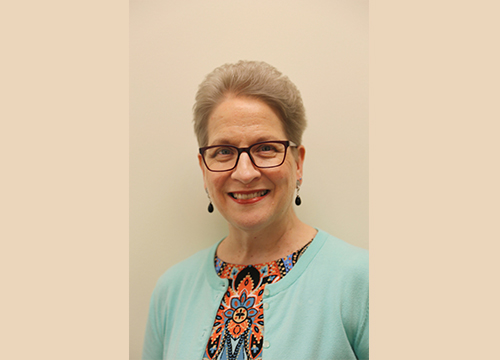Sixth Sunday of Easter Acts 10:25-26, 34-35, 44-48; Ps 98:1, 2-3, 3-4; 1 Jn 4:7-10; Jn 15:9-17
Today’s first reading from the Acts of the Apostles tells one happy episode in a much longer and more complicated tale. We cannot hope to understand the watershed quality of this event without a look at the entire chapter.
Acts 10 begins with Cornelius, the centurion, identified by the Luke-Acts evangelist as a “God-fearer.” This designation applied to Gentiles attracted to Judaism, who attended the synagogue and accepted many of its beliefs and ethical practices.
Acts 10:2 calls Cornelius “devout,” citing his generosity in giving alms and his constancy in prayer. The text also indicates that his household follows him in this God-fearing devotion, as well as one or more of his soldiers.
In verses 3-6, Cornelius experiences a mid-afternoon vision, a waking dream, wherein an angel of God affirms his faithfulness, then instructs him to seek Peter. The next day, even as the emissaries of Cornelius approach Joppa, the city where Peter is staying, Peter has his own vision.
According to Acts 10:9-20, it happens at noon, when Peter, hungry and praying in the midday sun, falls into a trance. He sees a kind of picnic cloth laid out before him and hears the command, “Get up…slaughter and eat,” but the cloth is crawling with critters a good Jew would never think of eating.
The voice of Peter’s vision responds to his pious protest with, “What God has made clean, you are not to call profane.” As usual with Peter, it takes three repetitions to drive the point home. While pondering the meaning of this strange vision, Peter gets word from the Spirit to go with the messengers (sent by Cornelius) who have come looking for him.
When he meets Cornelius, Peter connects the dots and draws a startling conclusion, saying, “You know that it is unlawful for a Jewish man to associate with, or visit, a Gentile, but God has shown me that I should not call any person profane or unclean.”
As the story unfolds, Cornelius, his family, and close friends listen to the Gospel with open hearts, accept it and experience the outpouring of the Holy Spirit, made manifest in ecstatic praise (speaking in tongues, as at Pentecost). Peter’s companions, all faithful Jews, are stunned by this unthinkable event.
The Spirit of God has broken down the accepted boundaries of holiness, and they must adjust their religious vision or miss the boat. Peter then takes the final step, saying, “Can anyone withhold the water for baptizing these people, who have received the Holy Spirit even as we have?”
In a fitting response to this expansive action of the Spirit, Psalm 98 reminds us that God’s salvation includes all lands and all peoples.
Today’s Gospel from John 15 and the second reading from 1 John 4 emphasize, “love one another,” as the essential commandment and the primary sign that one has been “begotten by God and knows God.”
Examining these Johannine selections together, we can see a pattern, a kind of logic of love: Love comes from God, because God is love. God reveals his love by sending his Son. God loves Jesus Christ, who loves us.
To remain in the love of Christ and the Father, we must keep the commandment — “love one another.” We cannot shortcut the process by trying to love God without loving others.
Considering this imperative in dialogue with the reading from Acts, critical questions arise: Who are we tempted to exclude from God’s love and grace and from our exercise of this mandatum?
In what ways are we called to “love one another” amid the present maelstrom of conflict and division in our world, in our country, and yes, in our Church?
Are we willing to step beyond the comfort zone of our assumptions and certainties to embrace a new perspective — to see other persons as God sees them, as beloved, as bearers of the divine image?
Melanie holds a master’s in pastoral studies from Loyola University, New Orleans.

